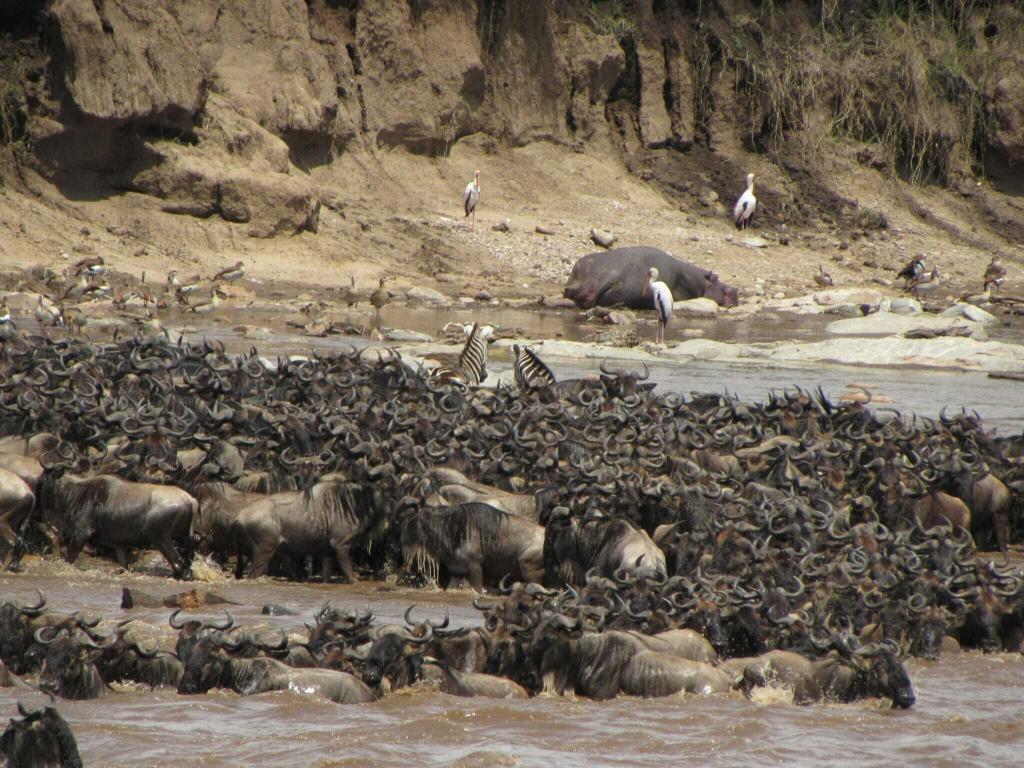
What Is Serengeti Famous For?
The Serengeti, one of the most iconic ecosystems in the world, is globally renowned for its breathtaking landscapes and unparalleled wildlife experiences. Stretching over 30,000 square kilometers, the Serengeti is a vital part of Tanzania’s tourism industry and a significant natural heritage site. But what exactly makes the Serengeti so famous? Let’s explore.
1. The Great Migration
Perhaps the Serengeti’s most famous attribute is the annual Great Migration. This remarkable event sees over 1.5 million wildebeests, 200,000 zebras, and 400,000 gazelles moving en masse in search of fresh grazing land. The migration typically follows a circular route that extends into Kenya’s Maasai Mara, taking animals through the treacherous Mara and Grumeti rivers where crocodiles lie in wait. This dramatic river crossing, often captured on film, is one of the most thrilling natural events on Earth and draws wildlife enthusiasts from all over the world.
2. Diverse Wildlife
The Serengeti is home to some of the most diverse and abundant wildlife on the planet. This includes the famous “Big Five”: lions, leopards, elephants, buffaloes, and rhinos, as well as numerous other species such as giraffes, hippos, hyenas, cheetahs, and crocodiles. The sheer variety of animals, combined with the opportunity to see them in their natural habitat, makes the Serengeti a premier safari destination.
3. Iconic African Landscapes
The Serengeti offers visitors a quintessential African landscape. Its vast, seemingly endless plains are dotted with acacia trees and rocky outcrops known as kopjes, which often serve as lookout points for predators. During sunset, the golden light over these plains creates an ethereal atmosphere, providing photographers and nature lovers with unforgettable visual experiences.
4. Conservation Success
The Serengeti is also a global symbol of conservation efforts. The Serengeti National Park, established in 1951, has played a crucial role in protecting its unique ecosystems. Conservationists have worked tirelessly to combat poaching and habitat destruction, ensuring that future generations can continue to experience this natural wonder. The Serengeti’s success in preserving endangered species such as the black rhino is a testament to these efforts.
5. Cultural Heritage
In addition to its natural wonders, the Serengeti is a place of significant cultural importance. The Maasai people have lived in harmony with the land for centuries, and their vibrant traditions and lifestyle are an integral part of the Serengeti experience. Many visitors have the opportunity to learn about Maasai culture during their safari trips, gaining insights into their traditional way of life, including cattle herding and their deep connection to the land.
6. UNESCO World Heritage Site
The Serengeti National Park is designated as a UNESCO World Heritage Site, a testament to its global significance. This designation recognizes the Serengeti’s outstanding universal value, both in terms of its biodiversity and its role in human history as part of early human development.
The Serengeti is famous not just for its wildlife and natural beauty, but for the way it represents the raw, untamed essence of Africa. From the astonishing Great Migration to its rich cultural heritage and successful conservation efforts, the Serengeti continues to captivate the world. Whether you’re an avid wildlife photographer, a conservationist, or simply a nature lover, the Serengeti offers an unparalleled experience that you won’t find anywhere else.

